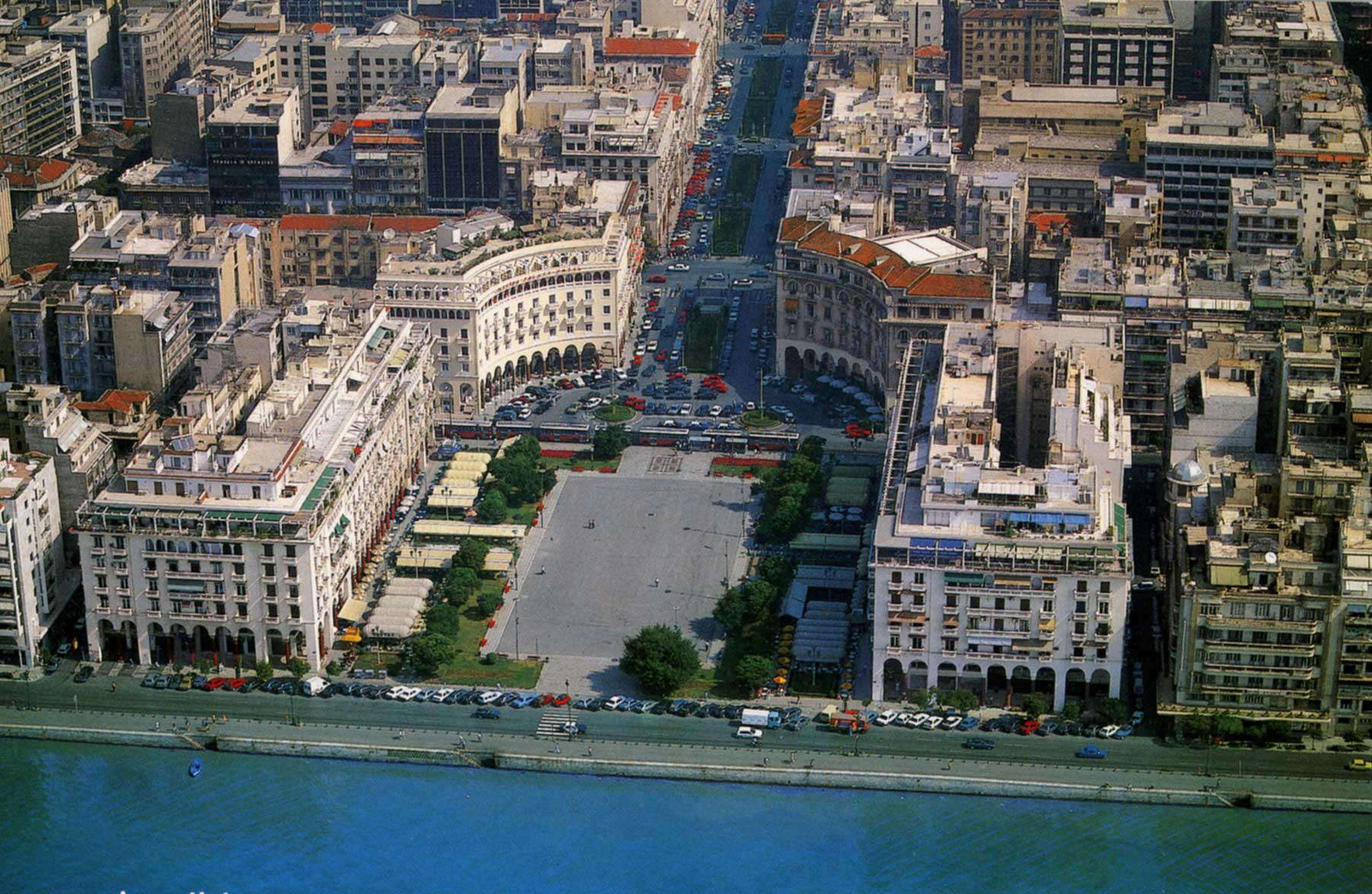L’espace public et le rôle de la place dans la ville grecque moderne. Evolution historique et enjeux contemporains
Athina Vitopoulou, M. Ananiadou-tzimopoulou, A. Yerolympos

Abstract
The strong tradition of public life expressed during Greek Antiquity in the space of the Agora weakened and disappeared during the centuries of the Byzantine and Ottoman Empires; similarly, open urban spaces designated to civic activities gradually diminished and perished. The different types of public space as a spatial affirmation of the political power and an expression of citizenship and urbanity - axes and boulevards, squares, parks - appear in the 19th c. during the formation of the modern Greek city. In the plans elaborated at that time, public space became a fundamental element in the design and organisation of the urban tissue. The disturbing degradation of urban space, following the intense reconstruction of the largest Greek cities since the 1960s, brought to the front the need to reinvent and redesign contemporary public spaces. The paper follows the evolution of the role and form of public space in the Greek city, focusing mainly on the type of the urban square which constitutes the privileged place of social life and of the spatial expression of citizenship.
Αnaniadou-Tzimopoulou, M., A. Yerolympos, and A. Vitopoulou. L’espace public et le rôle de la place dans la ville grecque moderne. Evolution historique et enjeux contemporains, “Etudes balkaniques”. Cahiers Pierre Belon, L’espace public dans le Sud-Est europée, 14. Paris: De Boccard, 2007. 25-52. https://journals.openedition.org/etudesbalkaniques/227


